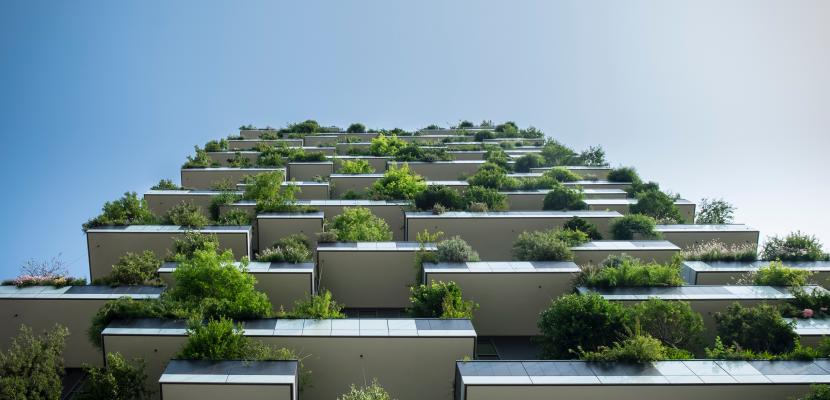Image

Urban gardensin Iasi
Published on 04 October 2019

Romania
Nord-Est
This is the good practice's implementation level. It can be national, regional or local.
About this good practice
Urban farming activities can be carried out either within cities or in periurbane areas, at the boundary between town and country, in agricultural areas, on pre-construction or unconstructed land.
These spaces have a strong potential because they are numerous and do not generally have any function or use.
Ideal is to make a diagnosis of the city, district or urban area of interest, according to the objectives of the initiative group, stakeholders, and actors involved. In all cases, it is important that an urban gardening initiative is open and inclusive.
The reintegration of agriculture into the urban environment is the appropriate response to these shortcomings, and it is primarily the supply of some of the city’s food needs, while fostering food sovereignty and food security.
For the success of such a project it is necessary to involve a highly motivated resource person, preferably with experience in biology, agronomy or acquiring knowledge in the field of cultivation and growth of plants. In general, the most involved are people who have already had a connection with the earth.
Architects and urban planners play an important role in integrating them into projects they make - food production facilities at the building's scale, district, city, or even region.
Urban agriculture and traditional agriculture can and must be brought together to provide sustainable alternatives to the Romanian population
These spaces have a strong potential because they are numerous and do not generally have any function or use.
Ideal is to make a diagnosis of the city, district or urban area of interest, according to the objectives of the initiative group, stakeholders, and actors involved. In all cases, it is important that an urban gardening initiative is open and inclusive.
The reintegration of agriculture into the urban environment is the appropriate response to these shortcomings, and it is primarily the supply of some of the city’s food needs, while fostering food sovereignty and food security.
For the success of such a project it is necessary to involve a highly motivated resource person, preferably with experience in biology, agronomy or acquiring knowledge in the field of cultivation and growth of plants. In general, the most involved are people who have already had a connection with the earth.
Architects and urban planners play an important role in integrating them into projects they make - food production facilities at the building's scale, district, city, or even region.
Urban agriculture and traditional agriculture can and must be brought together to provide sustainable alternatives to the Romanian population
Resources needed
Unknown
Evidence of success
The abandonment of noxious fertilizers is not at all difficult, the organic inputs that compost or mulch can bring are sufficient to cover the nutritional needs of soil and plants.
The work of the soil - hoeing, digging, raking must be carried out in a way, in order to disturb as little as possible the soil organisms and their habitats. The more the soil is fed with organic matter, the more nutritious the plants - the ideal is not to return it during agricultural work.
The work of the soil - hoeing, digging, raking must be carried out in a way, in order to disturb as little as possible the soil organisms and their habitats. The more the soil is fed with organic matter, the more nutritious the plants - the ideal is not to return it during agricultural work.
Potential for learning or transfer
Verdeaţa Isteaţă de Mănăştur” is the answer of the Cluj community interested in ecology and urban gardening to the project "Adopt a Green Space" of the Cluj City Hall. It is the first community project in the public space of Cluj thought, implemented and sustained by the citizens through their own forces and dedication to a cleaner, greener and more friendly city with people and nature;
Garden Court - A handful of young people aged 30, members of the Transition Towns' organization "Romania in Transition" teaches children from Ferdinand I School in the capital about nature, the food that it offers and how to obtain it intelligently and at the same time protect the environment.
Garden Court - A handful of young people aged 30, members of the Transition Towns' organization "Romania in Transition" teaches children from Ferdinand I School in the capital about nature, the food that it offers and how to obtain it intelligently and at the same time protect the environment.
Further information
Website
Good practice owner
You can contact the good practice owner below for more detailed information.
Organisation
For Better

Romania
Nord-Est
Contact
Expert